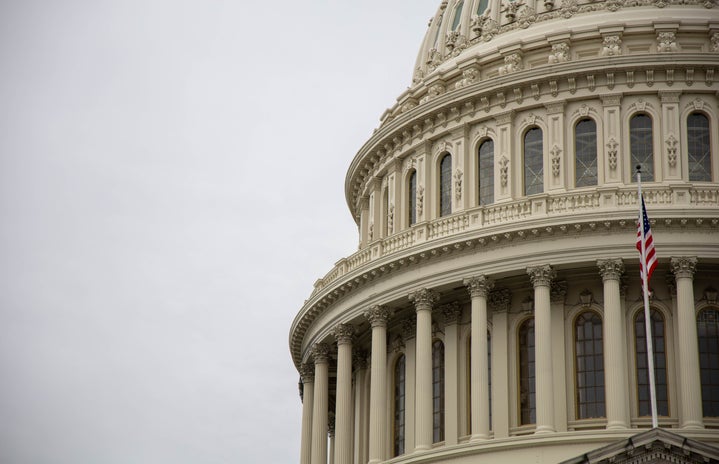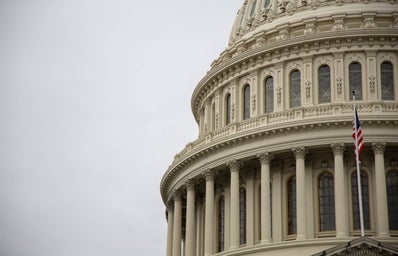We’ve all heard the phrase “innocent until proven guilty”. It’s fairly common in our culture, though ever since sexual assault allegations against Brett Kavanaugh – then SCOTUS nominee, now SCOTUS Justice – surfaced in mid-September, I’ve been hearing it more frequently than ever. Although this controversy stirred up many feelings among many people, one of the most frustrating things to see was how many of Kavanaugh’s defenders claimed that in taking these allegations seriously, the “liberal media” was leading an attack on due process of the law, constitutional rights, and so on. But these claims show a fundamental misunderstanding of what a presumption of innocence actually means.
While it’s true that Americans have the right to be presumed innocent until proven guilty, this only refers to criminal prosecutions. When someone is charged with a crime, the prosecutor must meet a certain “burden of proof” to prove that the person charged is guilty beyond any reasonable doubt. Brett Kavanaugh may have been accused of crimes by Dr. Christine Blasey Ford, Deborah Ramirez, and Julie Swetnick, but he was never charged with any crimes. The hearings were not a criminal trial, and Brett Kavanaugh was not a defendant. This was, essentially, a job interview, but for a job that grants the ability to impact an entire nation.
Nobody is trying to attack constitutional liberties or argue that the presumption of innocence isn’t an integral part of the criminal justice system. When someone’s freedom is on the line, it’s only fair that any plausible chance of innocence must be disproved before they can be convicted (although it’s worth noting that this principle is not always the reality for too many in the system, most of whom have little in common with Kavanaugh). As much as I believe Dr. Ford, if this had been a real criminal trial, I know Kavanaugh would have to have been acquitted, because that reasonable doubt does exist. But in the real world, Brett Kavanaugh didn’t face imprisonment if things didn’t go his way. He simply faced losing the job of Supreme Court Justice and a return to his spot on the D.C. Circuit, which is a fate I’m sure he could’ve survived. Meanwhile, now that his confirmation has gone through, the Senate may have let a man on the Supreme Court who has committed at least one violent, degrading, and traumatic attack on a woman and refuses to take responsibility for it.
The question, in the end, was about which was the worst case scenario. For the right, it seemed to be one where an innocent Kavanaugh was rejected and left to fade back to the relative national anonymity he always had. For the left, it was one where a guilty Kavanaugh became a fixture on the Supreme Court for the next several decades, making decisions that will ripple to every court in America. In all likelihood, there will never be a scenario where we are one hundred percent certain of his guilt or innocence, but I say we never needed to be. When it comes to criminal defendants, we shouldn’t risk taking away an innocent man’s freedoms. But when it comes to Supreme Court nominees, we shouldn’t have risked giving a guilty man the chance to impact ours. Brett Kavanaugh’s confirmation may have been a victory for the Republicans, but it was not a victory for due process of the law, because Kavanaugh’s liberties were never threatened. Our new Justice and men like him have rarely needed to worry about whether the justice system would bend in their favor. After today’s confirmation, it doesn’t look like that will be changing any time soon.


